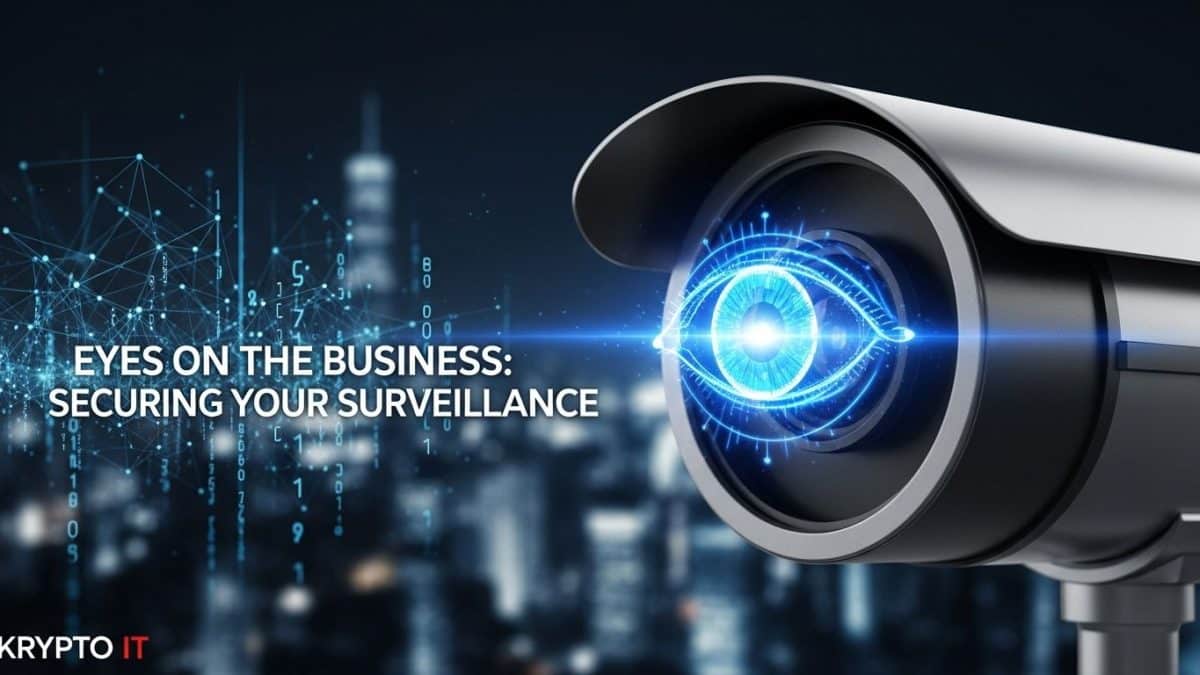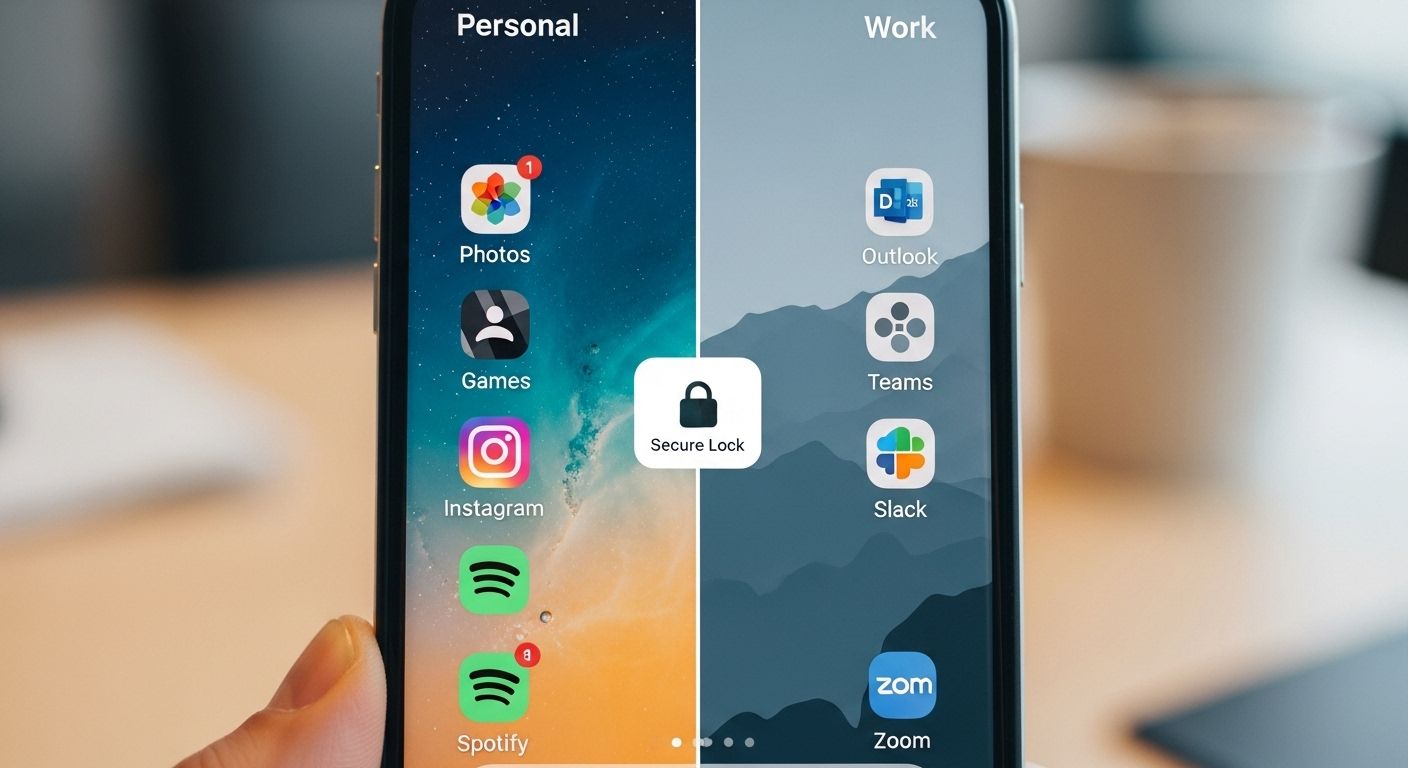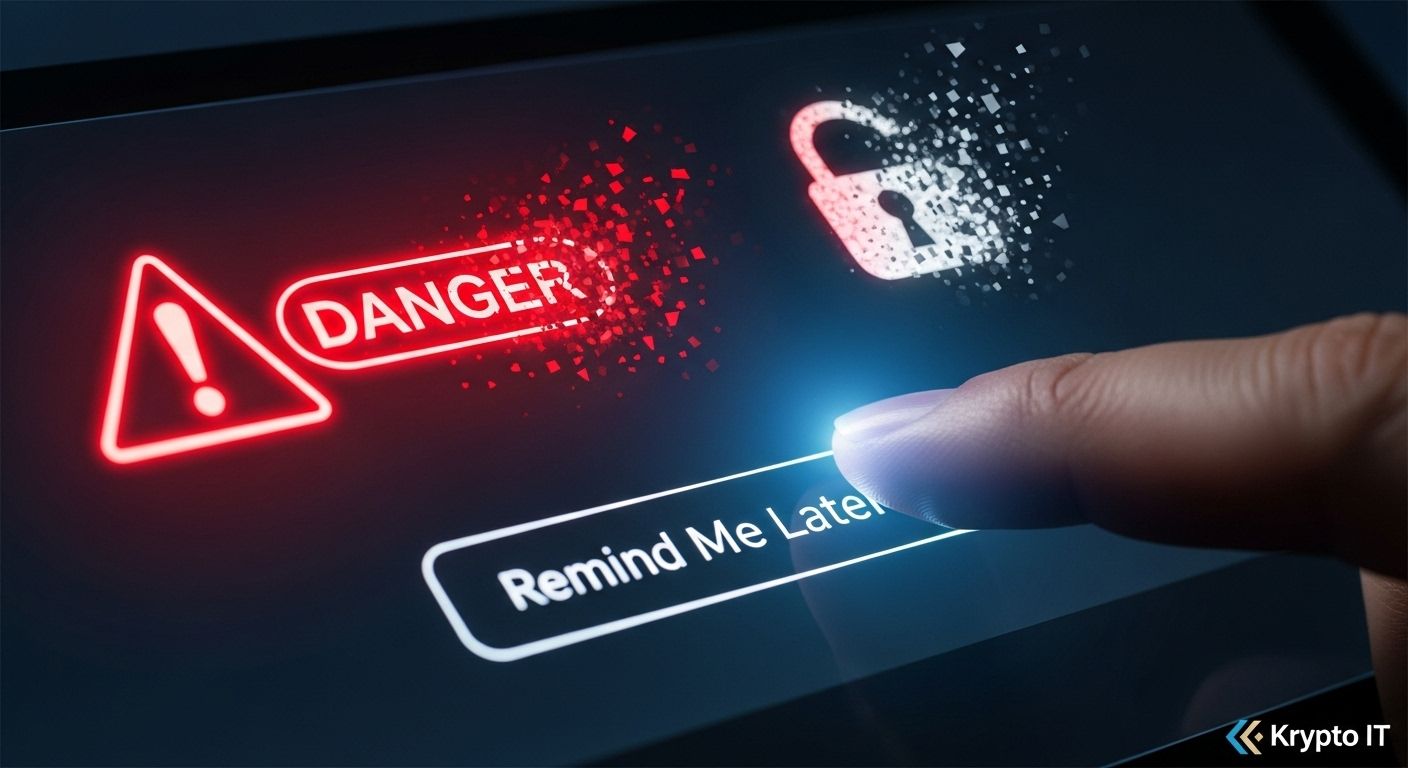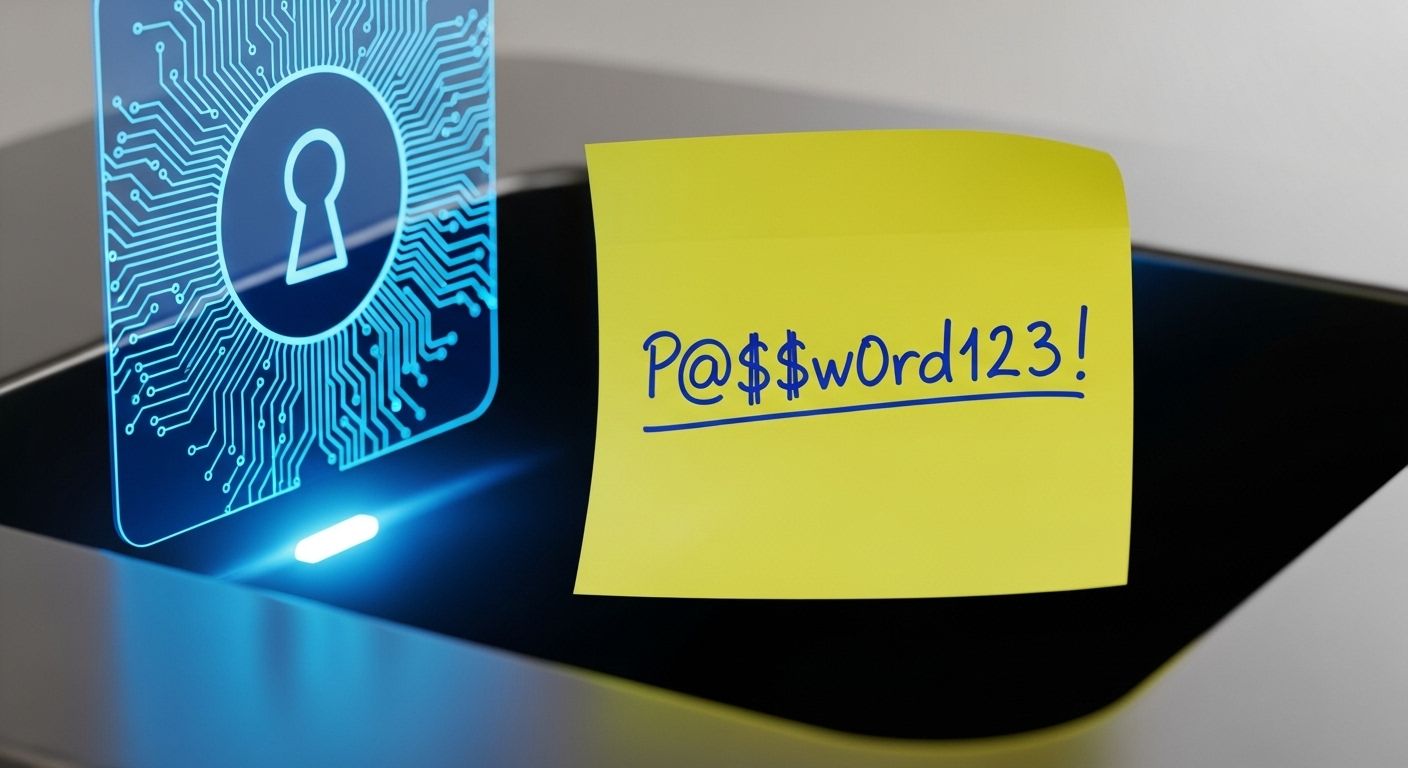
The Network ‘Rulebook’: Secure Change Management
September 6, 2025
Connecting Your Fortresses: Secure Multi-Location Networks
September 9, 2025How to Protect Your Houston Business from IP Camera Hacks
For any business in Houston, a surveillance system is a critical tool for physical security. Whether you’re monitoring your storefront, warehouse, or office, these systems provide invaluable peace of mind and protection. However, in today’s digital age, most surveillance systems—from IP cameras to digital video recorders (DVRs)—are now connected to your network. This convenience, if not properly secured, turns a physical security asset into a massive cybersecurity liability.
For Houston Small and Medium-sized Businesses (SMBs), an unsecured IP camera or DVR is a significant blind spot. These devices are often treated as “set-it-and-forget-it” appliances, but they are full-fledged computers running operating systems that are vulnerable to the same threats as any other device on your network. A single, compromised camera can serve as a direct gateway for cybercriminals to infiltrate your entire business network, leading to data breaches, ransomware attacks, and irreparable damage.
The Hidden Dangers of an Unsecured Surveillance System
Cybercriminals actively target network-connected surveillance systems for several reasons. They are often easy to compromise, and once breached, they offer a direct pathway into a business network. Here are the most significant risks:
- Unauthorized Access and Privacy Violations: An attacker who gains access to an unsecured camera can view the live video feed or recorded footage. This is not only a massive privacy violation for your employees and customers but also provides criminals with crucial intelligence for a future physical or cyberattack.
- Network Infiltration and Lateral Movement: This is the most dangerous threat. A compromised camera can serve as a beachhead for an attacker. Once inside, they can move laterally across your network, scanning for other vulnerabilities, elevating their privileges, and ultimately gaining access to your servers, databases, and sensitive business data.
- DDoS Attacks (Botnet Recruitment): A well-documented risk is the recruitment of unsecured cameras into a botnet. Attackers use these compromised devices to launch massive Distributed Denial of Service (DDoS) attacks against other targets on the internet. This can slow down your network, consume bandwidth, and make your business a participant in a cybercrime without your knowledge.
- Data Exfiltration: An unsecured camera can be used to exfiltrate other data from your network. The video stream itself can be unencrypted and intercepted, and a compromised device can provide a back door for an attacker to covertly steal other sensitive information.
- Malware and Ransomware: Just like any other computer, a compromised IP camera or DVR can be used as a platform to spread malware and ransomware across your network. Attackers can leverage the device’s access to infect other systems and hold your business hostage.
A Practical Guide to Securing Your Surveillance System
Protecting your Houston business from these threats requires a proactive and multi-layered security strategy. Here is a practical checklist for your SMB:
- Change All Default Passwords: This is the most critical first step. All IP cameras and DVRs come with default usernames and passwords that are widely known. Change these immediately to strong, unique, and complex passwords.
- Implement Network Segmentation (Crucial): Isolate your surveillance system on a separate network segment (VLAN) from your main business network. A firewall should be placed between these two networks to control traffic flow. This ensures that even if a camera is compromised, the attacker is contained within that isolated segment and cannot access your corporate network.
- Regularly Update Firmware: Keep the firmware on all your cameras, DVRs, and network devices updated with the latest security patches. Patches fix known vulnerabilities that attackers actively seek to exploit.
- Disable Unnecessary Features: Disable any unnecessary ports, services (like UPnP), or remote access features on your surveillance system that are not in use.
- Secure Remote Access: If you need to access your surveillance system remotely, do so through a secure Virtual Private Network (VPN). Do not expose your surveillance system directly to the internet through port forwarding, as this is a massive security risk.
- Use Strong Encryption: Ensure your surveillance system uses encryption for both video feeds and recorded data.
- Implement Strong Access Controls: Implement the principle of least privilege, giving employees access to the surveillance system only on a need-to-know basis. Use strong, unique passwords for all user accounts, and delete accounts for employees who no longer need access.
- Physical Security: Securely mount all cameras and DVRs to prevent physical tampering or theft.
Krypto IT: Your Partner in Network Security in Houston
Your network-connected surveillance system is a powerful tool for physical security, but it can also be a significant cybersecurity liability if not properly secured. The key to protecting your Houston business is to treat these devices with the same level of security rigor as you would your servers and desktops. Krypto IT, based right here in Houston, specializes in helping SMBs design and implement a security-first network, including the proper segmentation and security of surveillance systems. We can help you assess your vulnerabilities, implement robust security controls, and provide peace of mind knowing that your business is protected from the inside out.
Don’t let your eyes on the business become a backdoor for criminals.
Contact Krypto IT today for a free consultation and let us help you build a more secure and resilient network.




